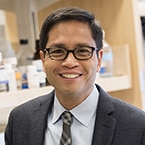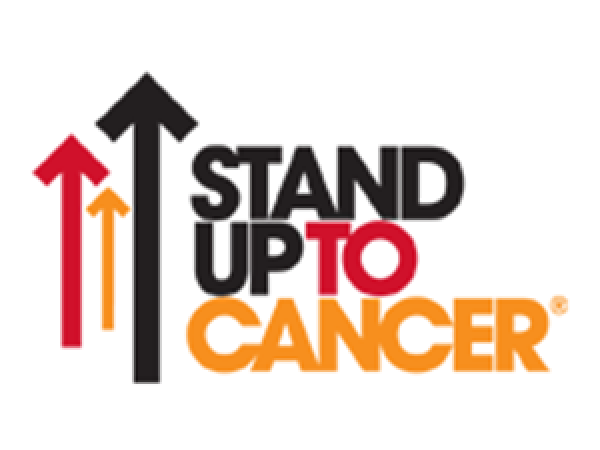The Evolution of the AACR’s First Scientific Working Group
Guest post by Andrew T. Chan, MD

One of the mechanisms by which the American Association for Cancer Research (AACR) accelerates progress in cancer research is through the programs and initiatives of its scientific working groups. There are currently eight such groups dedicated to various scientific disciplines including cancer evolution (CEWG), cancer immunology (CIMM), cancer prevention (CPWG), chemistry in cancer research (CICR), pediatric cancer (PCWG), radiation science and medicine (RSM), the tumor microenvironment (TME), and population sciences (PSWG).
The Population Sciences Working Group was previously known as the AACR Molecular Epidemiology (MEG) Working Group. The MEG Working Group was created in 1999 and was the first AACR scientific working group. The group currently consists of over 2,500 members and is led by an elected steering committee of international experts in various scientific areas. The group includes epidemiologists, molecular biologists, geneticists, biochemists, toxicologists, nutritionists, clinical and translational researchers, pathologists, biostatisticians and other data scientists, ethicists, behavioral and social scientists, implementation scientists, and researchers from other relevant scientific disciplines who are interested in collaborating to increase knowledge about cancer and chronic disease etiology, thereby promoting the prevention, cure, and healthy survivorship of cancer patients and the improvement of public health.
Based on recent feedback collected from the MEG Working Group’s membership, there was consensus that the original name of the group was too restrictive and did not adequately reflect the many scientific areas represented by the group’s membership. After extensive consideration and polling of the MEG Working Group’s leaders, it was unanimously agreed that a group name change to “Population Sciences” would better encompass the scientific areas of the group’s membership. This name change was subsequently reviewed and approved by the Officers and Directors of the AACR Board, and took effect on Sept. 28, 2021.
One of the key intentions of the AACR Population Sciences Working Group is to specifically complement the scientific areas addressed by the newly established AACR Cancer Prevention Working Group, while simultaneously minimizing duplication of efforts and maximizing opportunities for future collaborations between both groups.
My colleagues and I are excited that the AACR-PSWG will take the lead in covering behavioral and implementation science, digital technologies, genetic epidemiology, health disparities research, molecular epidemiology, molecular markers, obesity and energetics, population-based research studies, and risk prediction and stratification; while the new AACR-CPWG will focus on chemoprevention, clinical trials, health disparities research, immunoprevention, liquid biopsies, obesity and energetics, pre-cancer biology and prevention, and precision prevention.
Given the number of overlapping scientific areas between both groups, I encourage you to join both working group membership bodies as we foresee many joint initiatives in the years to come. Note that membership in all AACR scientific working groups is free for all AACR members. I encourage you to sign up for one or several of these groups and get involved!
We are at a pivotal stage in the evolution of cancer research and patient care and are thrilled that the AACR’s scientific working groups are evolving as well to best support the field, and all those contributing to the understanding, prevention, and cure of all cancers. Visit our website to learn more about these amazing scientific communities.
Andrew T. Chan, MD, is the chair of the Population Sciences Working Group (formerly known as the Molecular Epidemiology Working Group) for 2020-2021. He is a professor of medicine at Harvard Medical School; vice chair of gastroenterology at Massachusetts General Hospital, and chief of the Clinical and Translational Epidemiology Unit at Massachusetts General Hospital.



